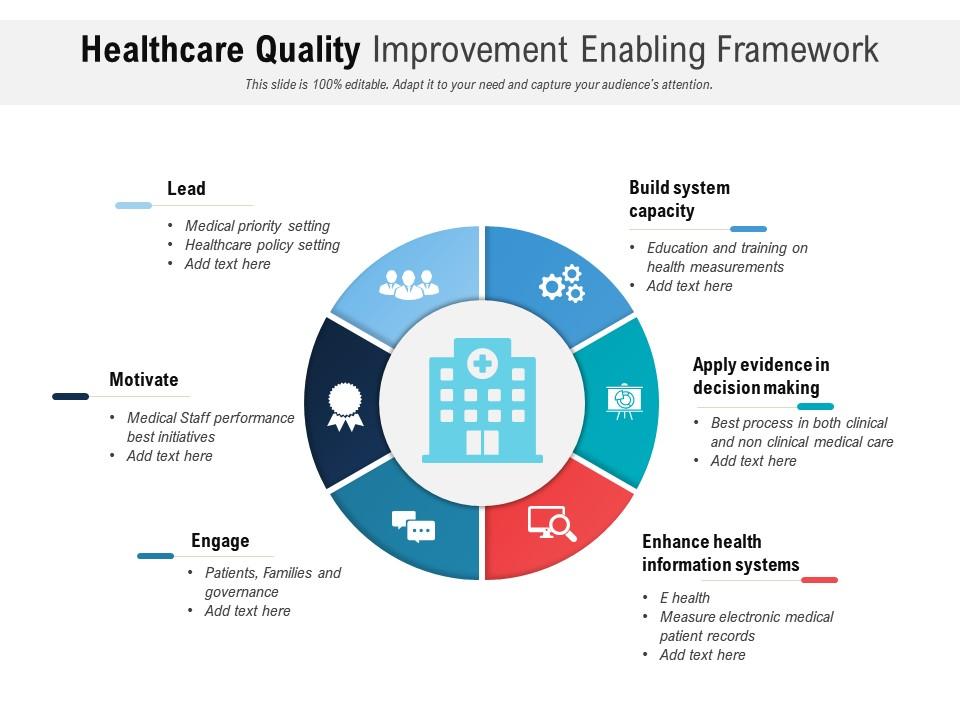Many countries grapple with ensuring their citizens receive high-quality healthcare. This nation is no exception, but a multi-pronged approach is underway to strengthen the healthcare system and deliver better patient outcomes.
A cornerstone of this effort is the implementation of evidence-based clinical guidelines. These guidelines, meticulously crafted by medical professionals and informed by the latest research, provide a roadmap for best practices in various areas of medicine. By adhering to these guidelines, doctors can be confident they're offering their patients the most effective treatments and procedures.
Technology is also playing a crucial role in the quality push. Electronic health records (EHRs) are being implemented nationwide, allowing for a more holistic view of a patient's medical history. This empowers doctors to make more informed decisions and reduces the risk of errors due to miscommunication or incomplete records. Additionally, telemedicine is expanding access to care, particularly in remote areas, by allowing patients to consult with specialists virtually.
Investing in the healthcare workforce is another critical strategy. Initiatives are underway to increase the number of medical professionals, particularly in underserved areas. Furthermore, programs are being implemented to address burnout among existing medical staff. A well-rested and supported workforce is essential for delivering quality care.
Patient engagement is also being prioritized. Educational campaigns are raising awareness of preventative healthcare measures, empowering individuals to take a more active role in managing their health. Additionally, efforts are being made to improve patient communication and ensure they understand their treatment options.
The focus on quality extends beyond hospitals and clinics. Measures are being taken to ensure the safety and efficacy of medications and medical devices. Regulatory bodies are working diligently to establish and enforce strict standards to protect patients from harm.
Of course, challenges remain. Ensuring equitable access to quality care across the entire population is an ongoing endeavor. Additionally, the ever-evolving field of medicine necessitates continuous adaptation and improvement of healthcare practices.
However, the multifaceted approach being adopted suggests a strong commitment to building a more robust and effective healthcare system. By prioritizing evidence-based practices, harnessing technology, investing in the workforce, and empowering patients, this nation is laying the groundwork for a healthier future for its citizens.

